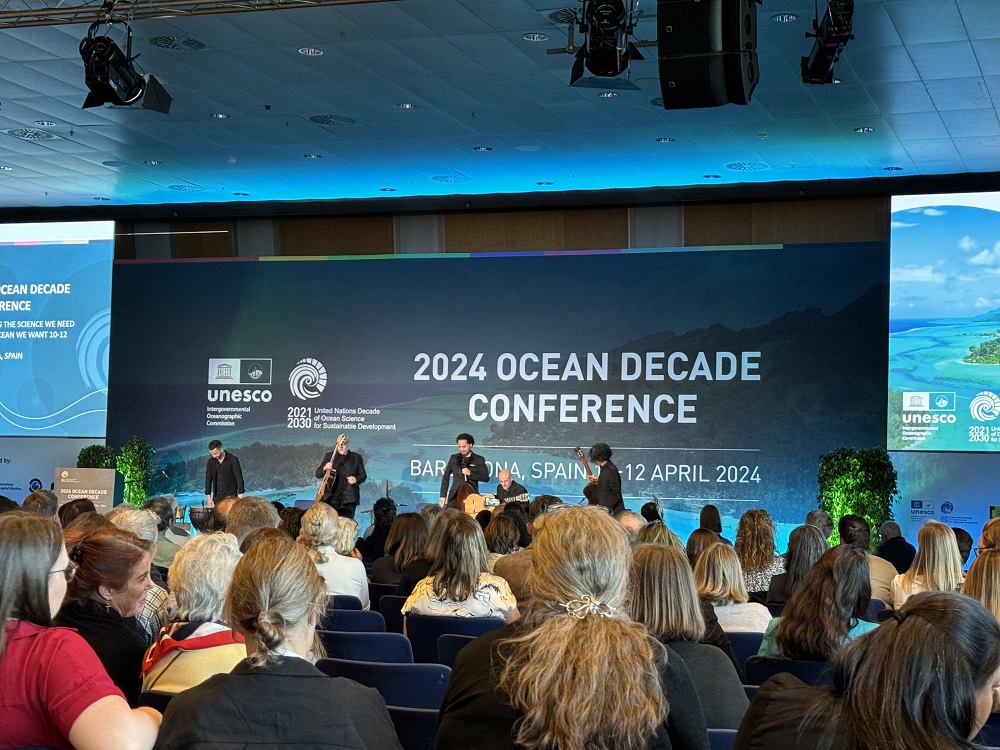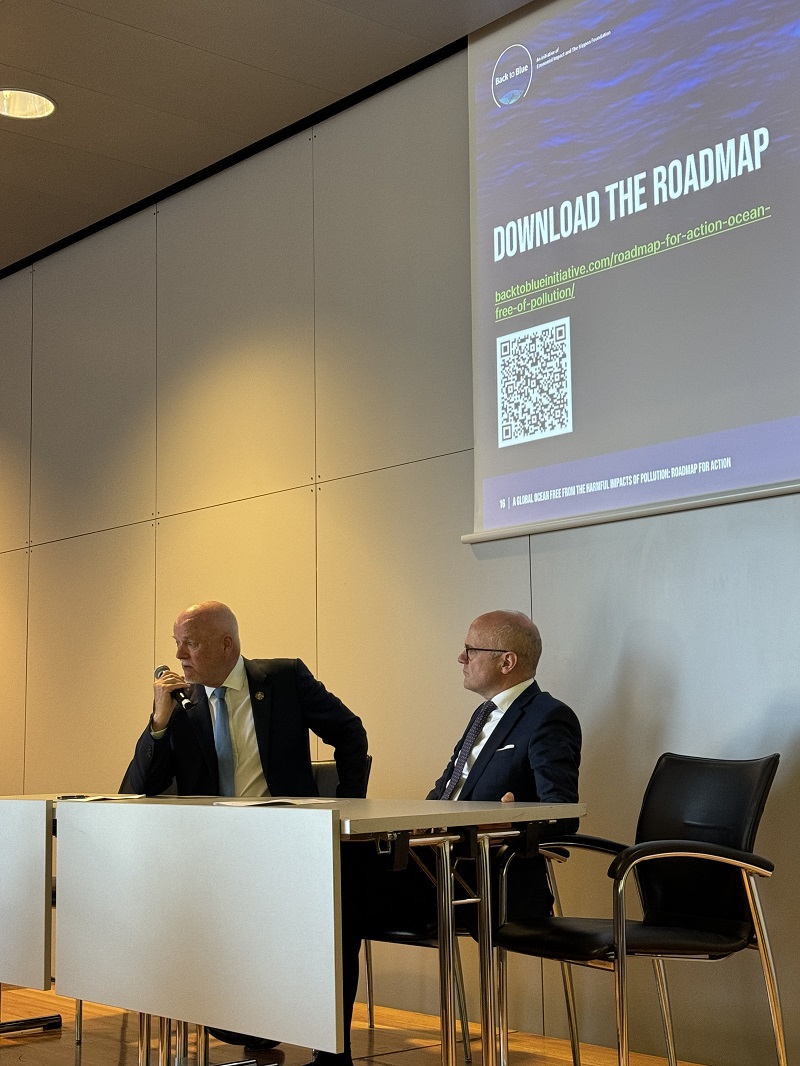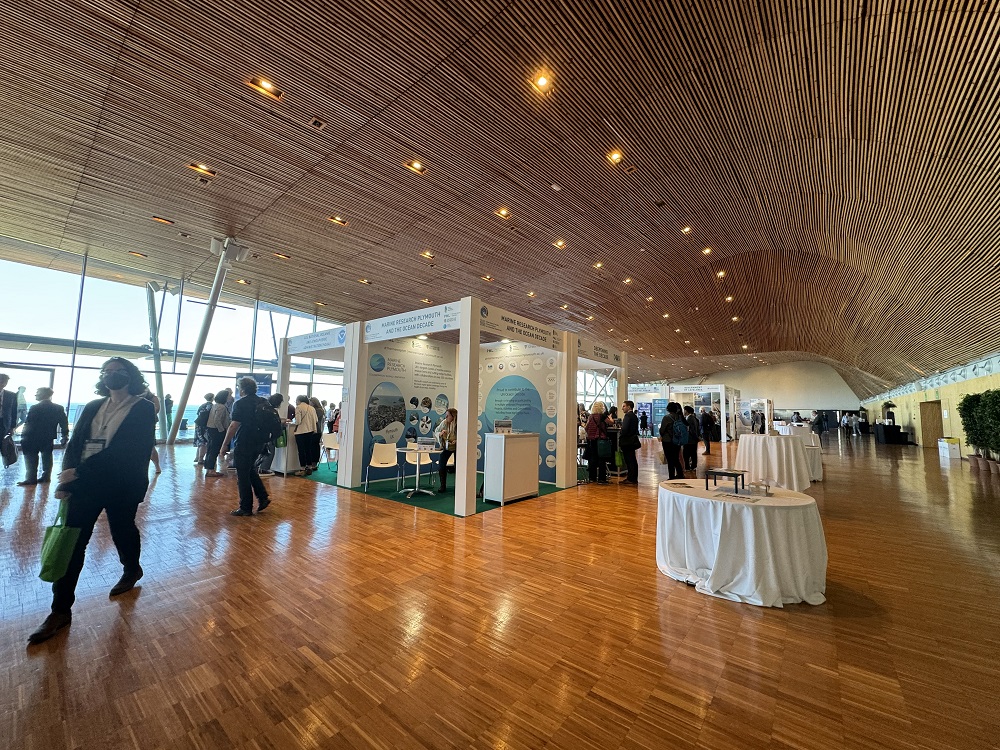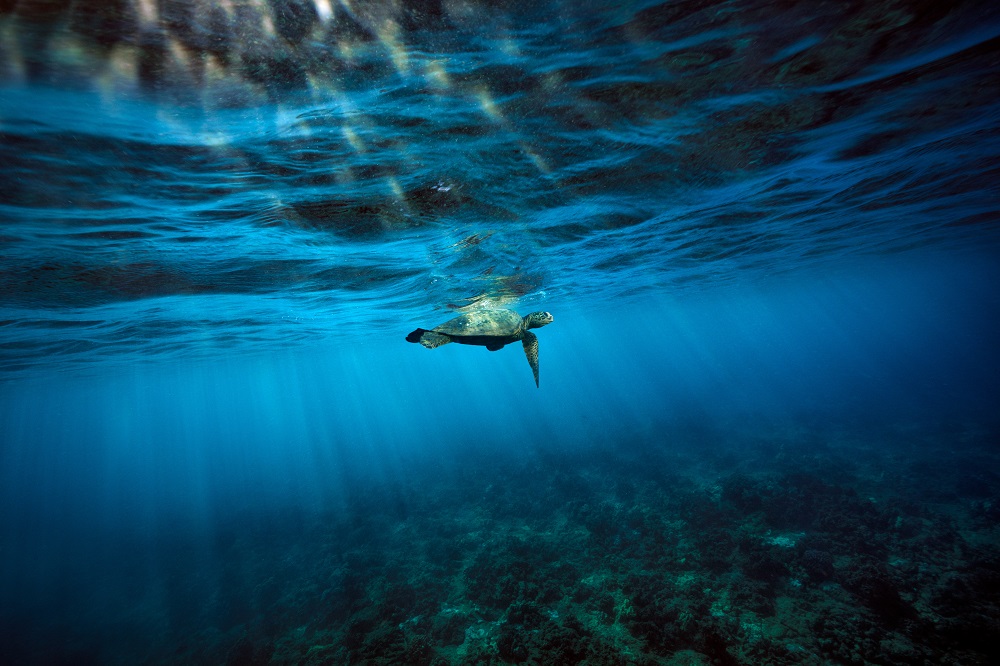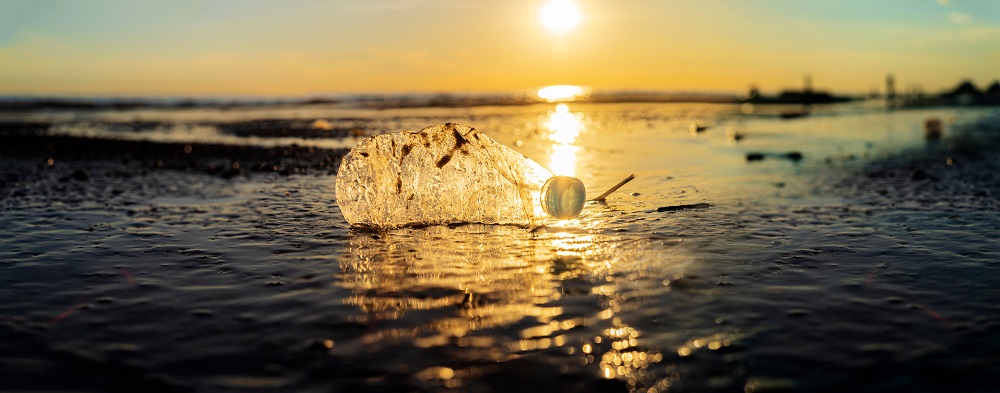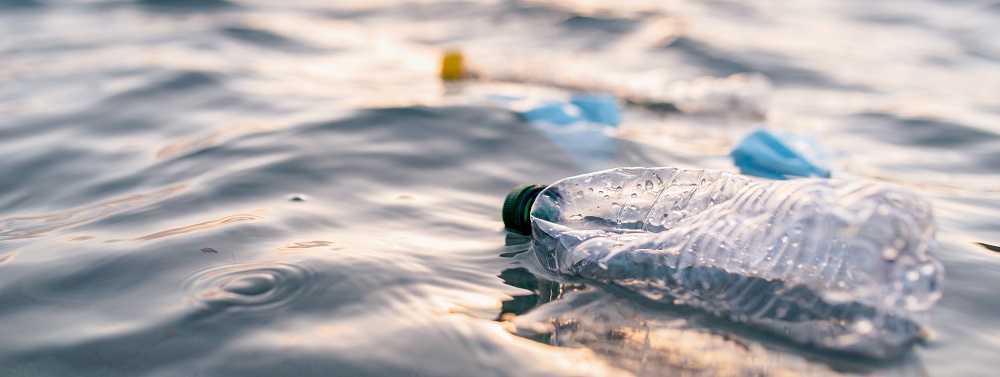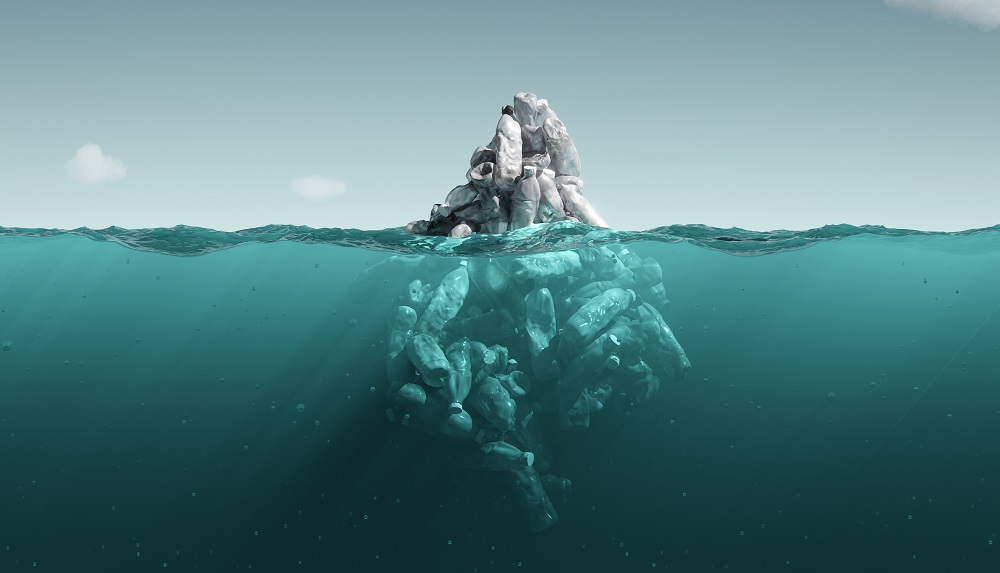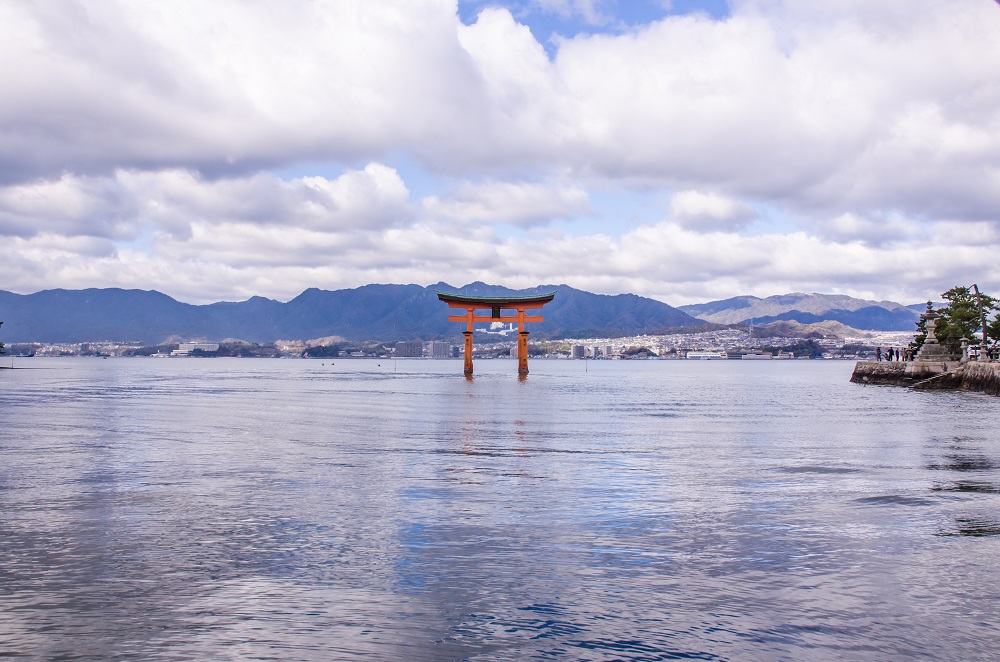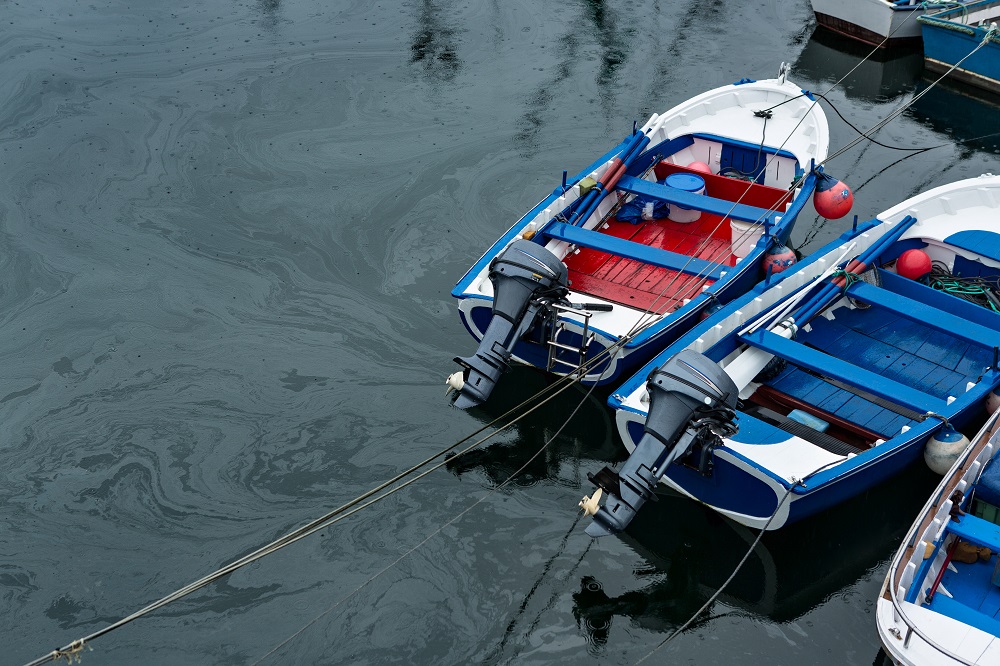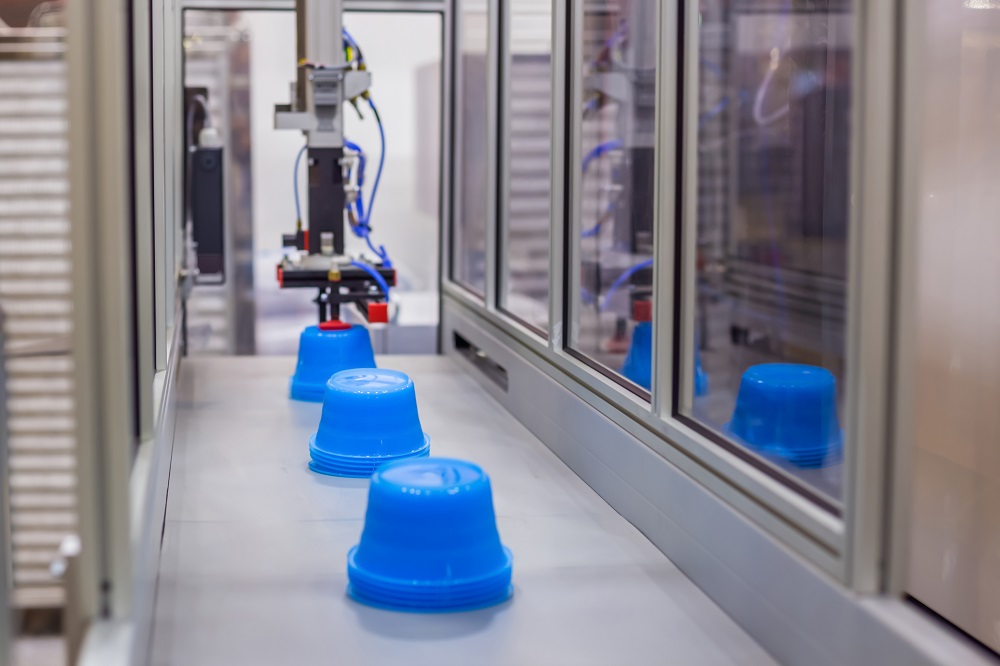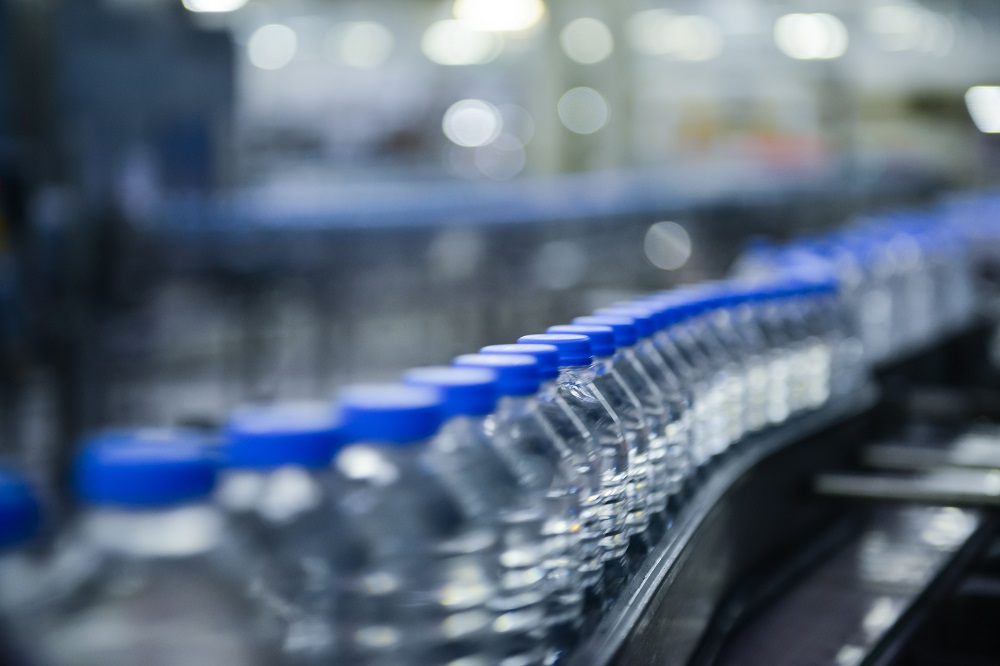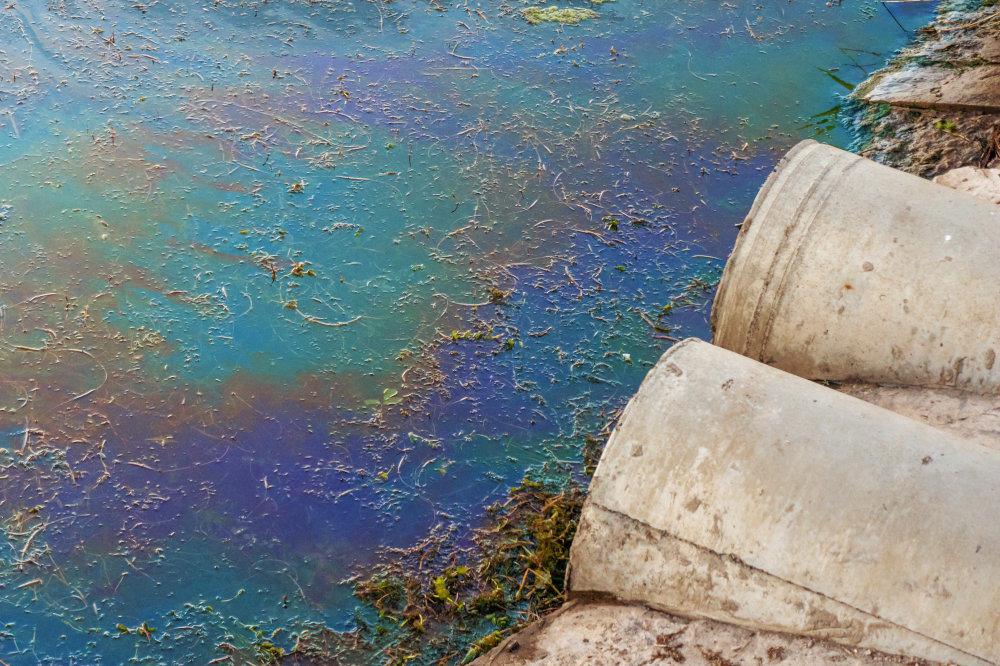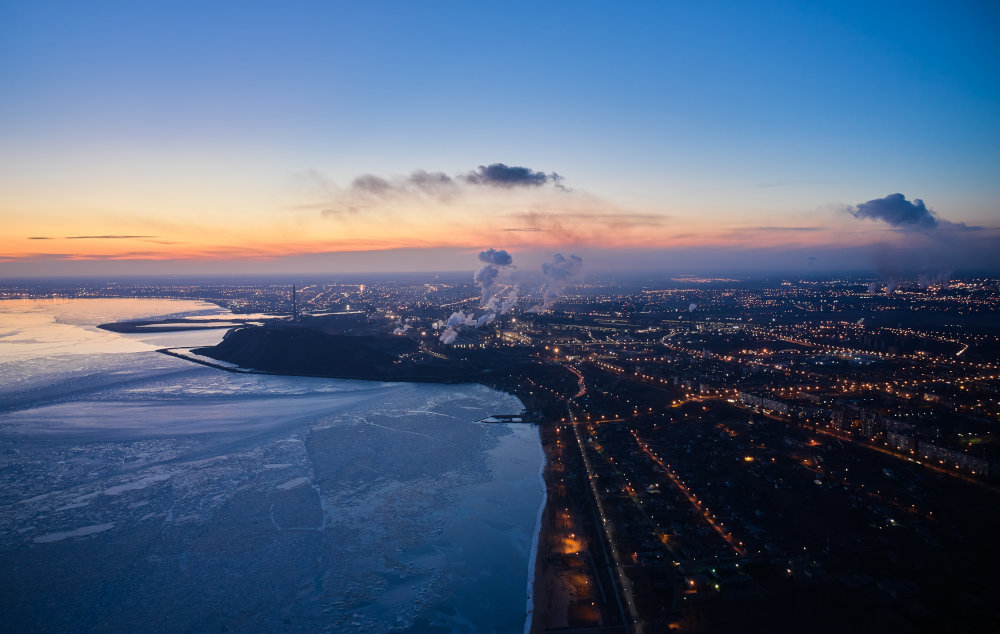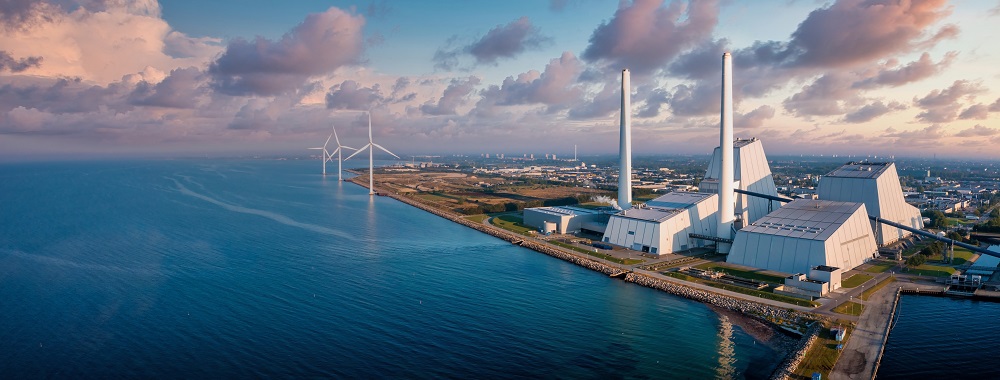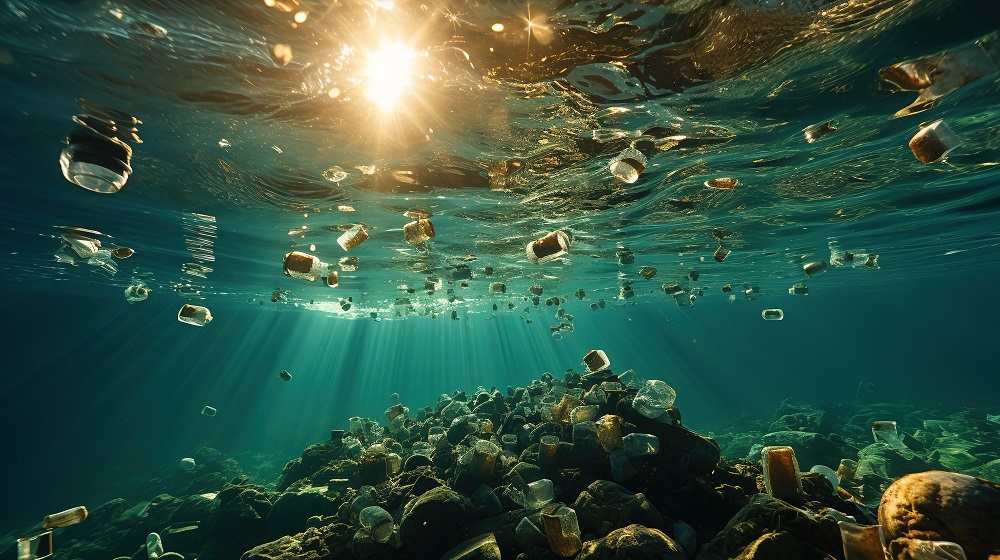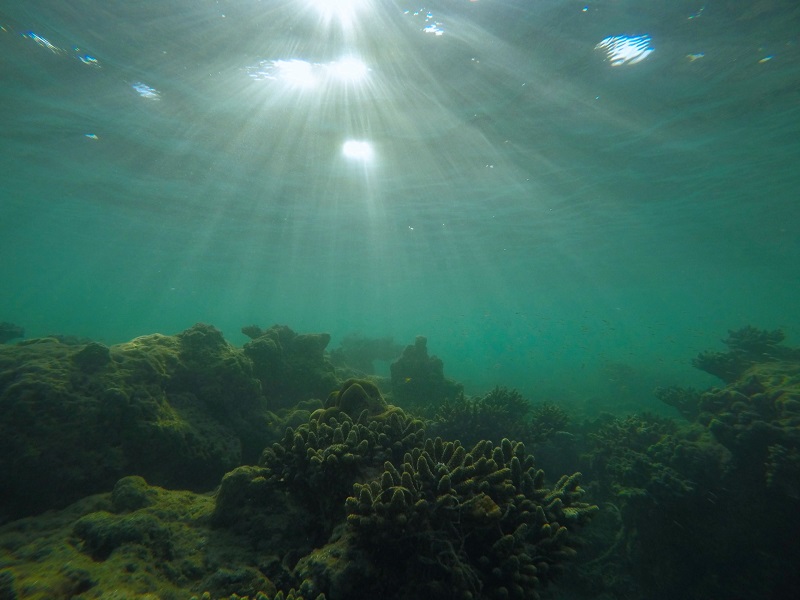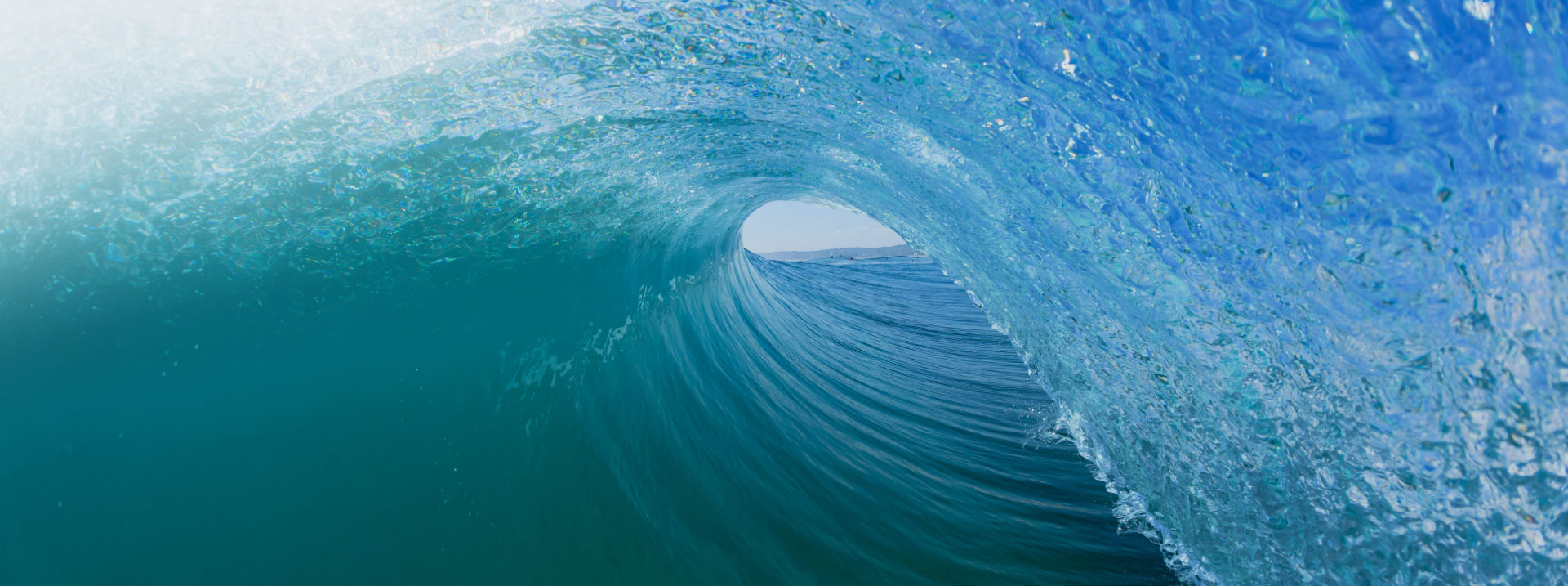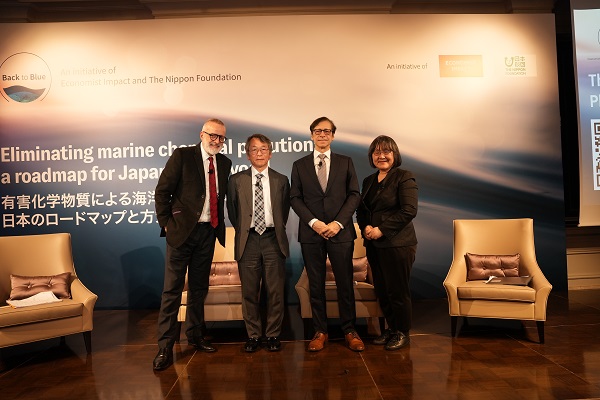Fly around the world to save the seas? That seems to be the mantra for the globetrotting ocean policy community. Ocean conference season kicked off with Economist Impact’s World Ocean Summit in Lisbon and Monaco Ocean Week in March, swiftly followed by the UN Ocean Decade Conference in Barcelona and Our Ocean in Athens in April.
These annual meetings serve as a global platform, uniting policymakers, business leaders, investors, and philanthropists in a collaborative effort to discuss, debate, and do deals in the blue economy, sustainable seafood, plastic pollution, and more— all with the shared goal of preserving ocean health.
The UN Ocean Decade conference, held for the first time in 2024, convened a (somewhat) different crowd. With a resounding call for ‘the science we need for the ocean we want,’ the conference placed the scientific community at the forefront of the global effort to protect the ocean.
The good news is that there is an incredible amount of science and innovation focused on improving ocean health, and it is happening all around the world.
The UN Ocean Decade, which runs from 2021 to 2030, is a “10-year framework initiative to identify, generate and use critical ocean knowledge to manage the ocean sustainably.” Nearing the halfway point, progress towards this goal can feel frustratingly elusive.
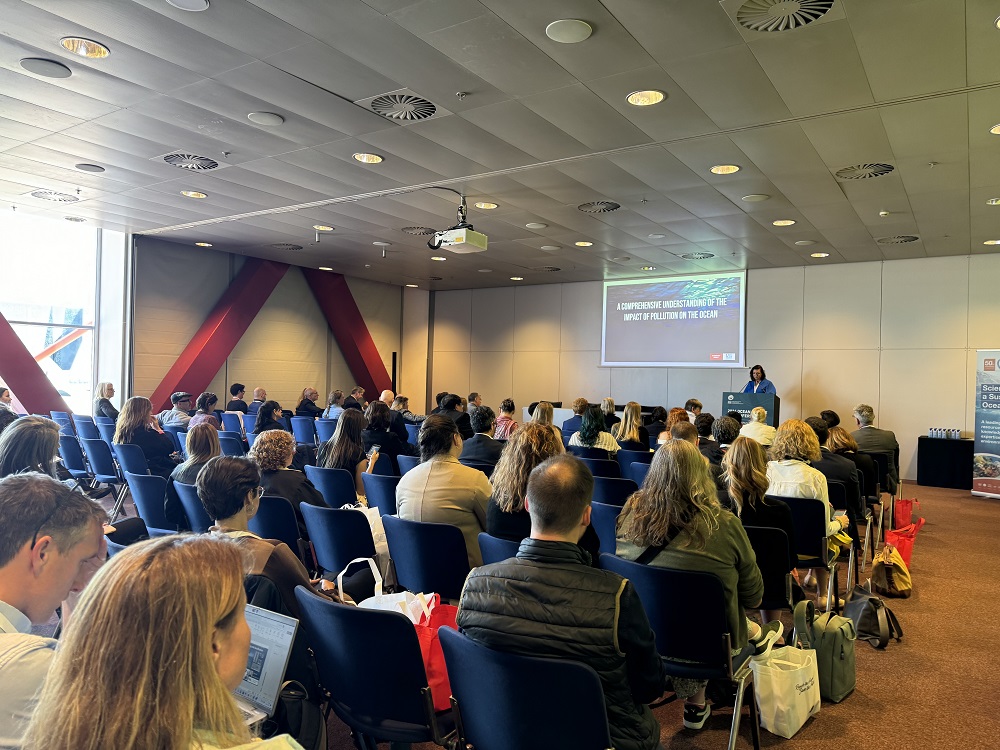
Yet so many of the research projects, partnerships and initiatives profiled at the conference, including at the many independently run side events, seemed – to Back to Blue’s intrepid reporters, at least – to have made genuine, foundational progress and say they are bullish about their prospects of delivering real results in the coming years. Momentum is building, and the second half of the Decade looks set to be much brighter than the first.
A critical challenge, and one that was a recurring theme throughout the conference, is the link between knowledge and action. Conference participants repeatedly expressed their frustration that, when it comes to many of the critical problems facing the ocean, we already have plenty of evidence. When it comes to solutions, our knowledge base is getting ever stronger, too.
So why is it so difficult to translate this knowledge into impact? Why aren’t policymakers, business leaders, and all the other decision-makers who make the world go around listening to what the ocean science community is saying?
One interpretation is that they are listening. The global treaty to end plastic pollution, currently being negotiated by UN member states, may be far less ambitious than many in the ocean science community would like. However, the fact that it is on the international policy agenda at all is a sign of the significant momentum scientists, activists, and others have built in a remarkably short period of time.
The other interpretation, not mutually exclusive to the first, is that data and evidence alone are not enough. Science cannot be relied upon to speak for itself. It may be hopelessly optimistic to assume that the science we need will deliver the ocean we want.
Yet, through the combination of relentless scientific enquiry (even of the dismal kind proffered by this institution) and painstaking engagement with decision-makers, real change can happen. Like a layer cake, achieving impact requires science and engagement, engagement and science, calibration and recalibration, speaking and listening.
The breakthroughs in ocean health won’t come from either the scientists gathered in Barcelona or the policymakers gathered in Athens. It is the interaction between the two that counts most. Nurturing the countless neural connections between these nodes is the key to real change.
The call to ‘break down silos’ is not an original one. But it nevertheless remains valid.
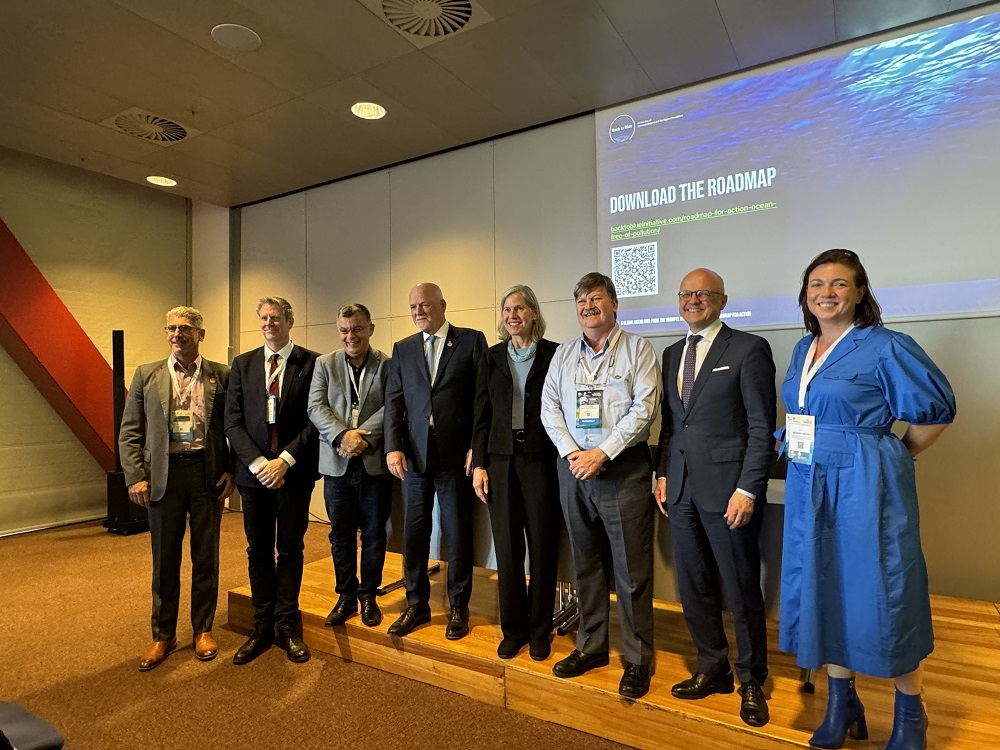
In 2025, the globetrotting ocean crowd will converge on another sunny Mediterranean destination at the UN Ocean Conference. Not to be confused with the UN Ocean Decade Conference, this flagship meeting will be the pinnacle event where – hopefully – decisions get made. It aims to build upon the Barcelona scientific confab, turning evidence into a policy agenda.
For this to be a success (and, for the sake of the ocean, it must be a success), it must be based on a deep, multifaceted, two-way conversation between those who generate the evidence and those with the power to use it. Time to start talking.
—
Back to Blue is doing our (small) part to foster this conversation. Read more of our content to find out how.
EXPLORE MORE CONTENT ABOUT THE OCEAN
THANK YOU
Thank you for your interest in Back to Blue, please feel free to explore our content.
CONTACT THE BACK TO BLUE TEAM
If you would like to co-design the Back to Blue roadmap or have feedback on content, events, editorial or media-related feedback, please fill out the form below. Thank you.










